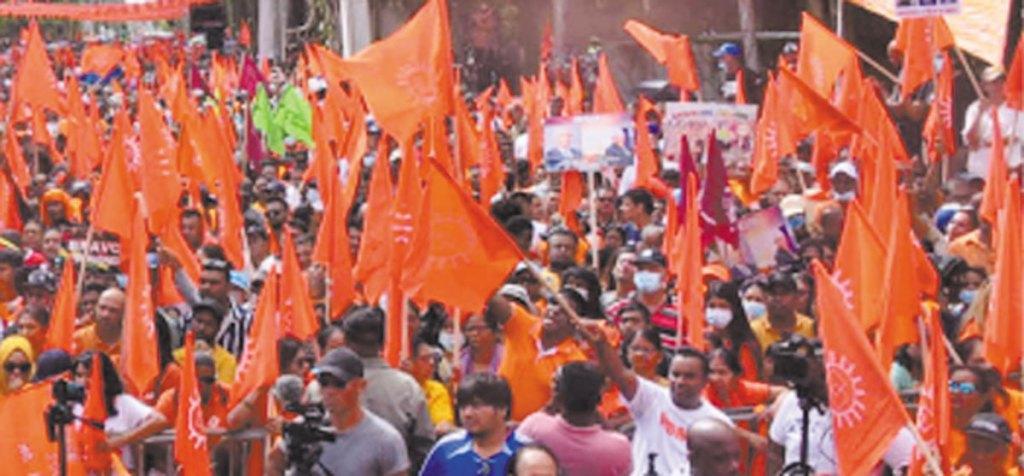Africa-Press – Mauritius. The Grand Argentier’s fourth budget was eagerly awaited by the whole country. Now that we have emerged from Covid and that the global economy is in a significant recovery phase, this budget had to signal the definitive revival of the Mauritian economy as well, at all levels of the social pyramid.
The first comment that comes to mind is that the Minister of Finance carried out a prudent exercise in trying to please everyone. But pleasing everyone means having no bias, and this budget could appear bland and devoid of a strong national orientation from this point of view.
But could we expect a courageous budget in terms of national orientations less than two years from the next elections? Some will say yes, but political pragmatism means that no government would dare to attempt such a risky budgetary exercise.
From there, it is clear that the Minister of Finance operated in a specific context: opening the valves of investment in order to consolidate the recovery while financing social measures to enable the most fragile households to resist the inflation. Thus, the repeal of the Solidarity Levy and tax simplification are strong signals sent to investors.
In the case of the ‘Solidarity Levy’, it is even a clear signal that we have come out of the Covid era since the latter had been put in place to support the emergency measures put in place from March 2020; the Grand Argentier kept repeating that it was a temporary measure.
The opposition immediately cried wolf, claiming that this budget favored the upper middle classes and the wealthy. This statement may seem right on paper, but it ignores the economic reality of the country: the fact that without sustained investment, growth and consumption, we will no longer be able to finance our social model.
This is due to two fundamental factors: the aging of the population with fewer young people who will have to produce more to support the same trend of growth, and the decreasing trend of productivity.
These two factors are absolutely decisive in economic, social and industrial strategies because they are what dictate to our governments the imperative to open the country’s valves even more to foreign investment (FDI) and to the work of foreigners (Occupation Work Permit and foreign workers).
From there, it is clear that we are in Mauritius in a situation where the wage labor (not to say the proletariat) is no longer able to negotiate against capital, since its very survival depends on the capacity of capital to produce growth.
The government is thus perfectly pragmatic: it therefore chooses the path of pragmatism – to use an expression used by left-wing parties around the world – when it gives a tax gift to the rich.
For More News And Analysis About Mauritius Follow Africa-Press







